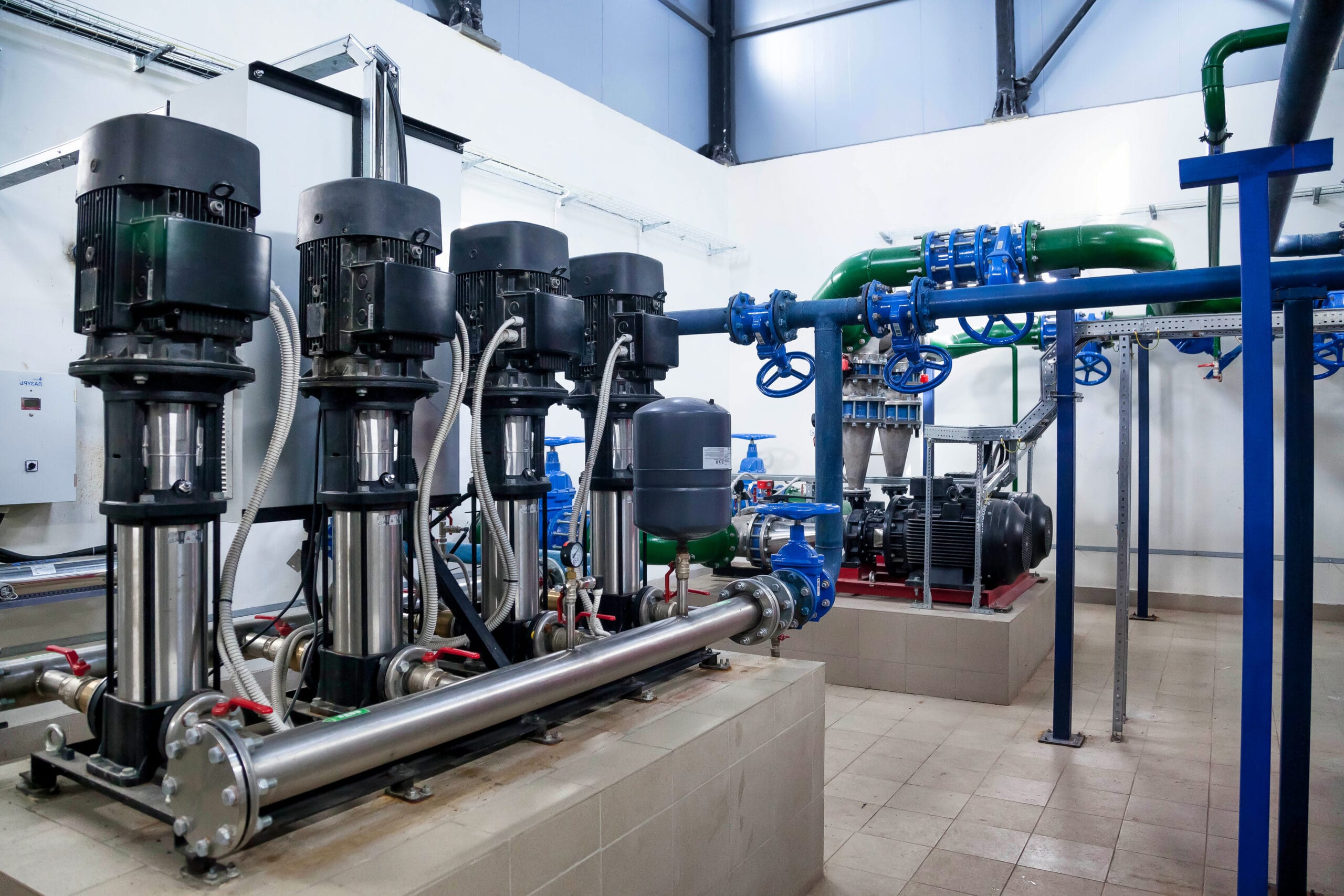Fast food workers deal with all kinds of challenges—long lines, complicated orders, and sometimes, overly eager customers. But one McDonald’s employee recently sparked a heated debate online after claiming that customers who greet workers too quickly at the drive-thru might end up being ignored.
The phrase “McDonald’s worker reveals customers who greet them may be ignored” went viral after a TikTok user, @maccaworkaddict, posted a video dancing in her uniform with a bold caption: “You can’t keep ignoring the car in the drive-thru because they scream hello as soon as they get there.” The video, which has since been deleted, caused a storm of reactions—some agreeing with the worker, while others called it rude.
Why Saying “Hello” Too Soon Can Backfire
At first glance, greeting an employee seems polite. But according to fast-food workers, there’s a hidden system in place that makes an immediate “hello” more annoying than helpful.
When a car pulls up to the drive-thru, a buzzer or alert notifies the staff that a customer is waiting. Employees need a few seconds to put on their headset, check their screen, and prepare to take the order. If a customer shouts “hello” right away, it disrupts their workflow—some workers even admitted to intentionally making those customers wait longer as a petty response.
One former drive-thru worker joked, “Each time they say hello, I make them wait another 10 seconds.” Another added, “I hated this at Burger King—customers yelling as soon as I put the headset on.”
Mixed Reactions from Customers
The revelation left many customers surprised. Some had no idea there was an automated alert system and assumed saying “hello” was the only way to get noticed.
“I always say hello because I think they don’t know I’m there,” one person commented. Others suggested a simple fix: employees could respond with, “One second, I’ll be right with you,” instead of ignoring the customer.
On the other hand, some defended the workers, pointing out that fast-food employees are under immense pressure to meet strict drive-thru speed targets—sometimes as little as 15 to 30 seconds per car. A sudden “hello” can throw off their rhythm, especially during rush hours.
The Bigger Issue: Fast-Food Worker Stress
This debate isn’t just about greetings—it highlights the stressful conditions fast-food workers face. Studies show that 75% of restaurant employees experience extreme stress during peak hours. Drive-thru timers, multitasking, and demanding customers add to the pressure.
Some employees shared other frustrations, like customers interrupting their breaks or paying with large bills when the store policy clearly states they can’t accept them. One worker vented, “If an employee says they’re on break, LEAVE THEM ALONE. I’m not your slave.”
What’s the Right Drive-Thru Etiquette?
Etiquette experts and former managers suggest a middle ground. Customers should:
Wait 5-10 seconds after pulling up before speaking.
Speak clearly but avoid shouting.
Have their order ready to speed up the process.
Be patient—workers are doing their best.
Meanwhile, employees could acknowledge waiting customers with a quick response instead of silence. A little communication could prevent misunderstandings on both sides.
McDonald’s Official Response
When asked about the viral trend, McDonald’s corporate gave a general statement emphasizing their commitment to good customer service but didn’t directly address the controversy. They mentioned that employees are trained to greet customers promptly, but real-world conditions—like understaffing—can affect service.
Final Thoughts: A Lesson in Patience
The phrase “McDonald’s worker reveals customers who greet them may be ignored” has opened up a bigger conversation about fast-food dynamics. While customers just want quick service, workers are juggling efficiency, corporate expectations, and sometimes, frustration.
Perhaps the solution is simple: a little patience from both sides. Waiting a few seconds before saying “hello” might make the drive-thru experience smoother for everyone.
After all, nobody wants their fries served with a side of ignored greetings.













